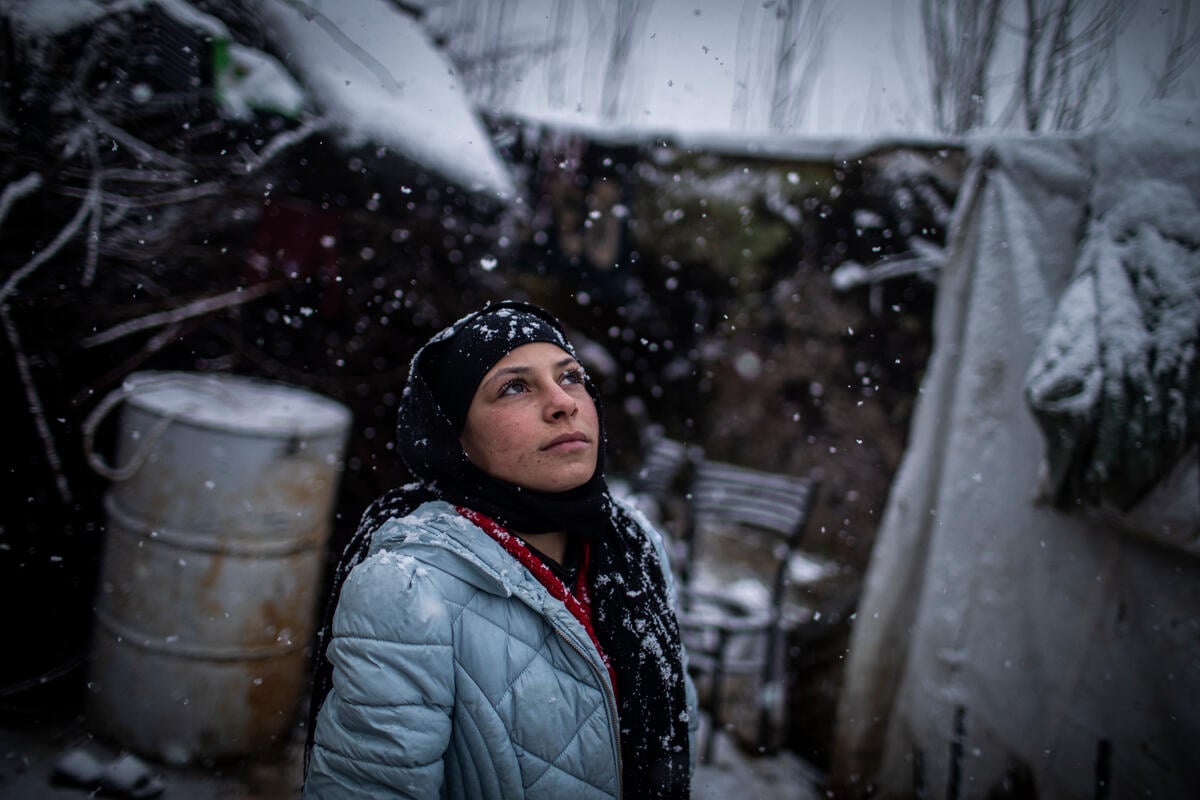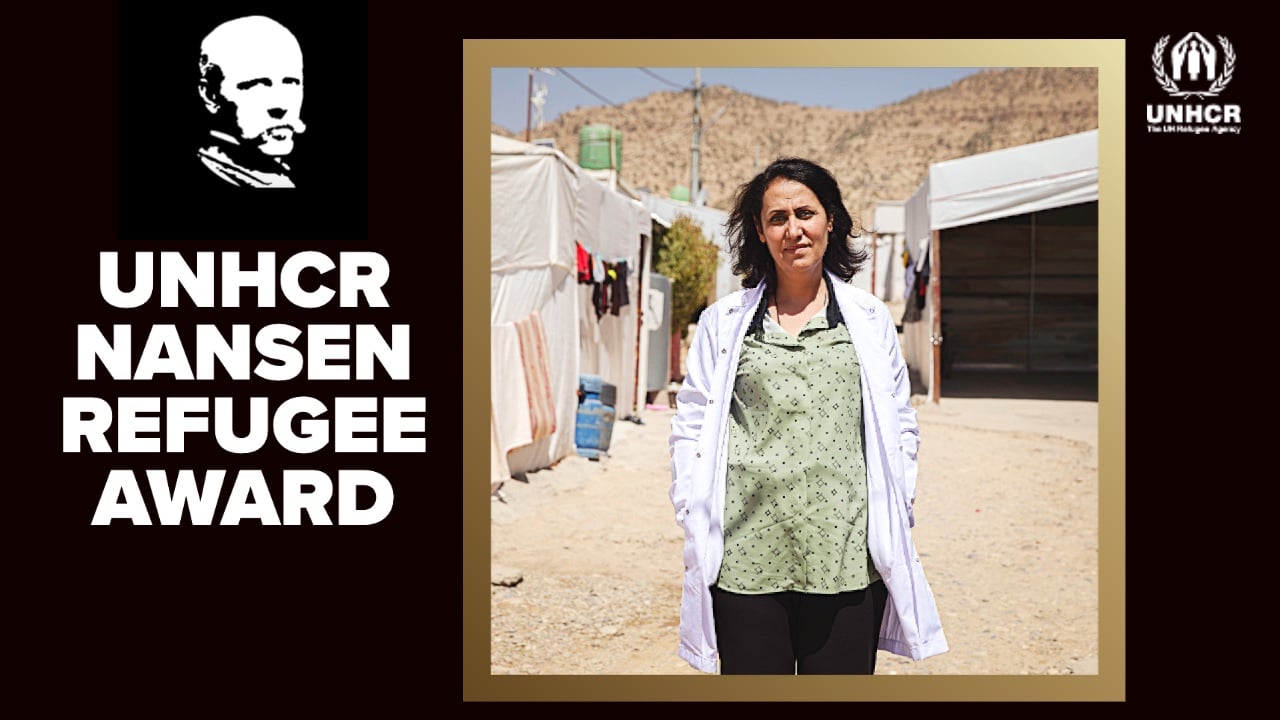UNHCR begins programme to help stabilize returns in Iraq
UNHCR begins programme to help stabilize returns in Iraq
24 June 2003
ERBIL, Iraq - The UN refugee agency today distributed relief aid in two Kurdish villages in Northern Iraq, under a programme intended to help stabilize communities that were forced from their homes by the previous government.
A total of 64 Iraqi Kurd families, consisting of 479 individuals, who have reoccupied their property in Bengawa and Talamater villages in Erbil's southern district of Makhmour, were handed tents, kitchen sets, plastic sheeting, stoves, jerry cans, lanterns and blankets. The villagers were driven from their homes in the mid-1980s as a result of the "Arabization policy" of the former regime of Saddam Hussein and had been living in appalling conditions in collective centres.
Following the war earlier this year, they began returning spontaneously to their original villages, where the basic infrastructure was destroyed and the mud houses had disintegrated because of the elements. Some of them were refugees who have returned from Iran.
The return to Bengawa and Talamater came after the Coalition Provisional Authority and local officials helped resolve property disputes in the two villages, and negotiated a deal with the Arab settlers under which this year's harvest of wheat and barley was split 50-50 between the two groups
But property claims remain unresolved and contentious in many other areas of Northern Iraq, arousing fears that moves by the original owners to repossess their old homes could provoke new tensions. Efforts are under way to resolve these problems in a fair and equitable manner and to assist the displaced in areas where they are currently living.
"We know that the people who were uprooted from their homes have suffered enough, but we are appealing for a little more patience," said Pierre-François Pirlot, UNHCR's regional coordinator for Northern Iraq. "Many areas where the internally displaced people and the refugees come from lack the basic infrastructure to make returns durable," Pirlot said, adding that the presence of land mines and unexploded ordnance is another major concern.
Since the end of the war, UNHCR has been expanding its presence in Iraq to deal with the potential return of more than 500,000 Iraqi refugees and people displaced inside the country. This number includes around 200,000 Iraqi refugees in Iran.








